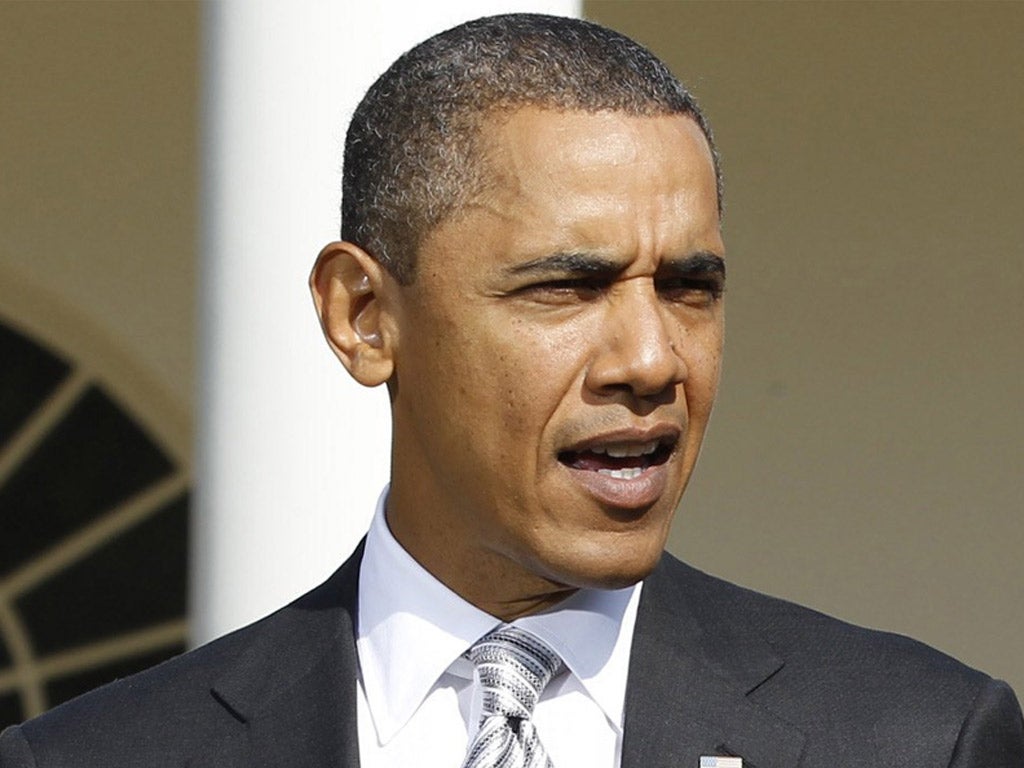US View: There are big bucks at stake now regulators are on the front foot

The drive by American regulators to secure a guilty plea from the Royal Bank of Scotland division accused of fiddling bank lending rates shows that US officials are taking an increasingly aggressive stance.
This tougher line can be traced back to the settlement they struck with UBS, which was also accused of a role in manipulating the London Interbank Offered Rate (Libor) – the benchmark interest rate used in trillions of dollars-worth of financial transactions every day.
The Swiss bank agreed to settle the inquiry by paying $1.5bn to US and British regulators last month. But, in a change from earlier cases involving allegations of financial impropriety by big banks, the deal also required UBS's Japanese unit to plead guilty to wire fraud, which is a felony under US law. Until then, American officials had shown a reluctance to pursue criminal claims because, it was said, of the risk such action might pose to a bank's stability.
A case in point is the settlement of nearly $2bn struck with HSBC over money-laundering charges late last year. It was criticised in some quarters for the fact that it omitted a criminal indictment against the London-listed bank. US regulators reportedly backed off from such a move because of concerns that it would spook big investors in HSBC, potentially destabilising the company.
According to one account in the the New York Times's Dealbook blog, officials spent months debating the accusations behind the scenes, with some prosectors seeking a guilty plea in light of the evidence against the company. But financial regulators at the US Treasury, and others at the Federal Reserve and the Office of the Comptroller of the Currency, were said to have responded to the idea by highlighting the potential risk to the broader economy.
Fast-forward to this month, and the guilty plea by UBS's Japanese division appears to have passed without affecting the stability of the Swiss bank. This has reportedly emboldened lawyers for the US Department of Justice, who are now locked in talks with RBS, according to the Wall Street Journal.
The fact that the negotiations come at the start of Barack Obama's second term as President might also complicate matters for the British bank, because the White House administration is attempting to recover from criticism that it failed to crack down on Wall Street during Mr Obama's first four years in office.
Subscribe to Independent Premium to bookmark this article
Want to bookmark your favourite articles and stories to read or reference later? Start your Independent Premium subscription today.

Join our commenting forum
Join thought-provoking conversations, follow other Independent readers and see their replies